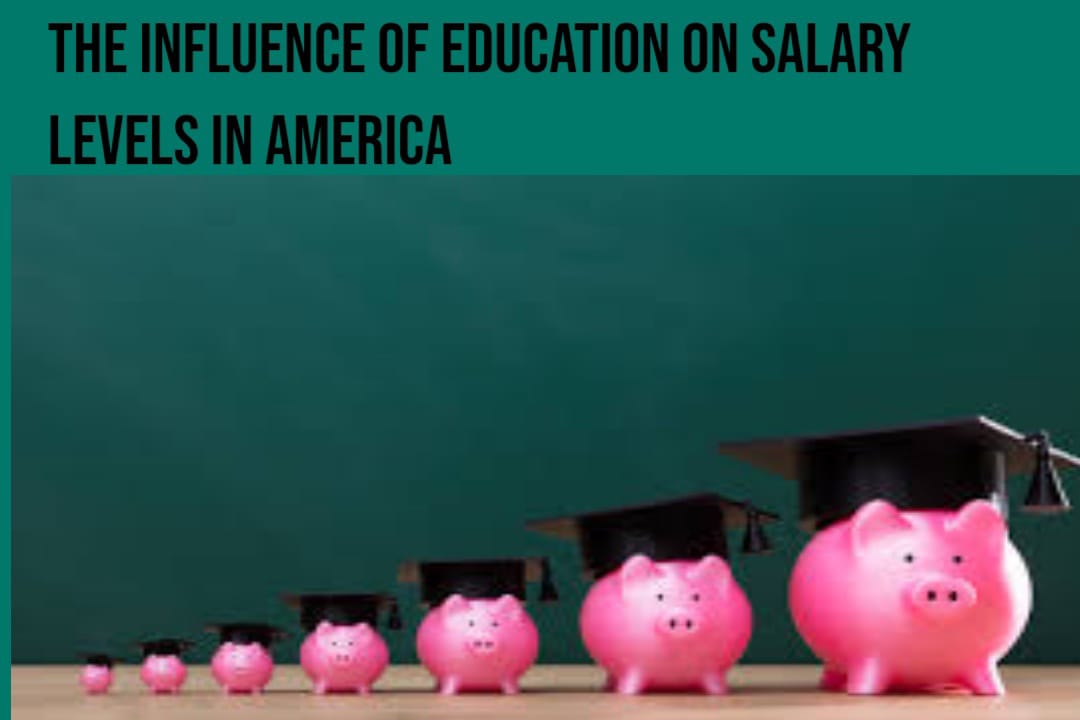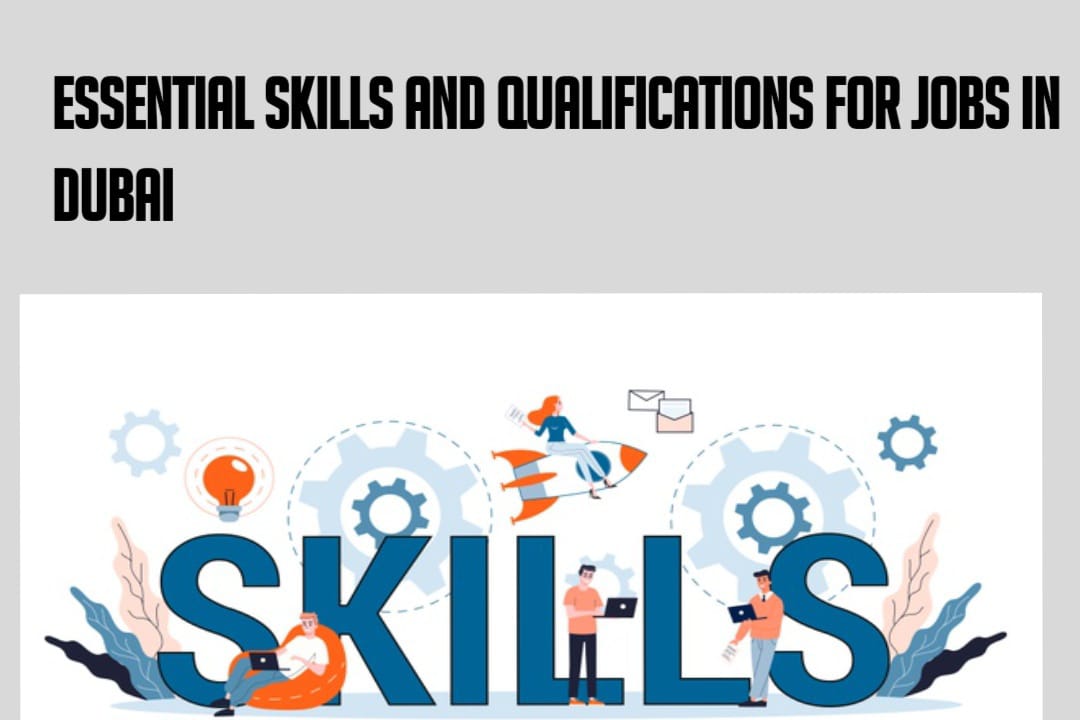Higher education plays a critical role in shaping employment outcomes in the United States. As the job market becomes increasingly competitive, having a degree can significantly impact one’s career trajectory. This exploration delves into how higher education influences job prospects, career advancement, and the broader employment landscape.
Enhancing Employment Opportunities
A college degree often serves as a key differentiator in the job market. For many professions, a degree is a basic requirement that opens doors to a range of career opportunities. Fields such as engineering, medicine, and technology typically require specialized education, which provides candidates with the necessary skills and knowledge. As employers increasingly seek individuals with higher education credentials, graduates often find themselves with a broader array of job possibilities compared to those without a degree. Additionally, having a degree can improve job prospects by serving as a benchmark of competence and dedication, thereby increasing the likelihood of securing interviews and job offers.
Specialized Knowledge and Skills
Higher education provides specialized knowledge and skills that are essential for certain careers. Advanced degrees and specialized programs equip individuals with expertise in specific areas, such as business administration, law, or healthcare. This expertise is often required for advanced roles and positions with greater responsibilities. For example, medical professionals and legal experts must complete extensive education and training to practice in their fields. This specialized knowledge not only qualifies individuals for their chosen professions but also enhances their ability to excel in complex and demanding roles.
Career Growth and Advancement
A degree can also facilitate career advancement and professional growth. Many employers view advanced degrees and specialized training as indicators of commitment and expertise, which can lead to opportunities for promotions and leadership roles. Higher education programs often include career services, internships, and networking opportunities that can be valuable for career development. These resources help graduates gain practical experience, build professional networks, and enhance their employability. Additionally, continuous learning and advanced qualifications can make individuals more competitive for higher-level positions and specialized roles within their industries.
Economic Benefits and Financial Returns
The financial benefits of higher education are significant. Statistics consistently show that individuals with college degrees tend to earn higher salaries compared to those with only a high school diploma. The U.S. Bureau of Labor Statistics reports that degree holders generally experience lower unemployment rates and higher lifetime earnings. While the cost of higher education can be substantial, many view it as a worthwhile investment due to the long-term financial gains and improved job opportunities it provides. The increased earning potential often outweighs the initial expense of obtaining a degree, making it a valuable asset in the job market.
Alternative Educational Pathways
While higher education is a powerful tool, it is not the only route to career success. Alternative educational pathways, such as vocational training, certifications, and apprenticeships, offer practical skills and can lead to rewarding careers. In some industries, hands-on experience and specialized certifications can be as valuable as a traditional degree. Moreover, the rise of online learning platforms has made it easier for individuals to acquire new skills and qualifications without committing to a full degree program. These alternatives can provide flexible, cost-effective options for gaining relevant skills and advancing in various professions.
Challenges and Considerations
Despite its benefits, higher education also presents challenges. The rising cost of tuition and the burden of student loan debt can be significant concerns for many graduates. Additionally, the job market’s evolving nature means that a degree alone does not guarantee employment or career success. Individuals must consider the relevance of their degree to their chosen field, the quality of their educational institution, and the skills they acquire during their studies. Aligning educational pursuits with career goals and industry demands is crucial for maximizing the benefits of higher education.
Evolving Trends in Higher Education
The landscape of higher education is continuously evolving, with increasing emphasis on practical skills, interdisciplinary studies, and technological integration. Online and hybrid learning models are becoming more prevalent, offering flexibility for students balancing work and study. Institutions are also focusing on creating programs that address emerging industry needs and prepare students for a dynamic job market. As higher education adapts to these changes, it will continue to play a key role in shaping the future of work and the skills required for success.
Conclusion
Higher education remains a fundamental factor in accessing job opportunities and advancing careers in America. It provides essential qualifications, enhances job prospects, and contributes to higher earning potential. While alternative educational pathways also offer valuable opportunities, a degree often provides significant advantages in the competitive job market. As the higher education landscape evolves, individuals must carefully consider their educational choices and align them with their career aspirations to achieve the best outcomes. Higher education continues to be a powerful driver of professional success and economic stability, shaping the future of work in America.








